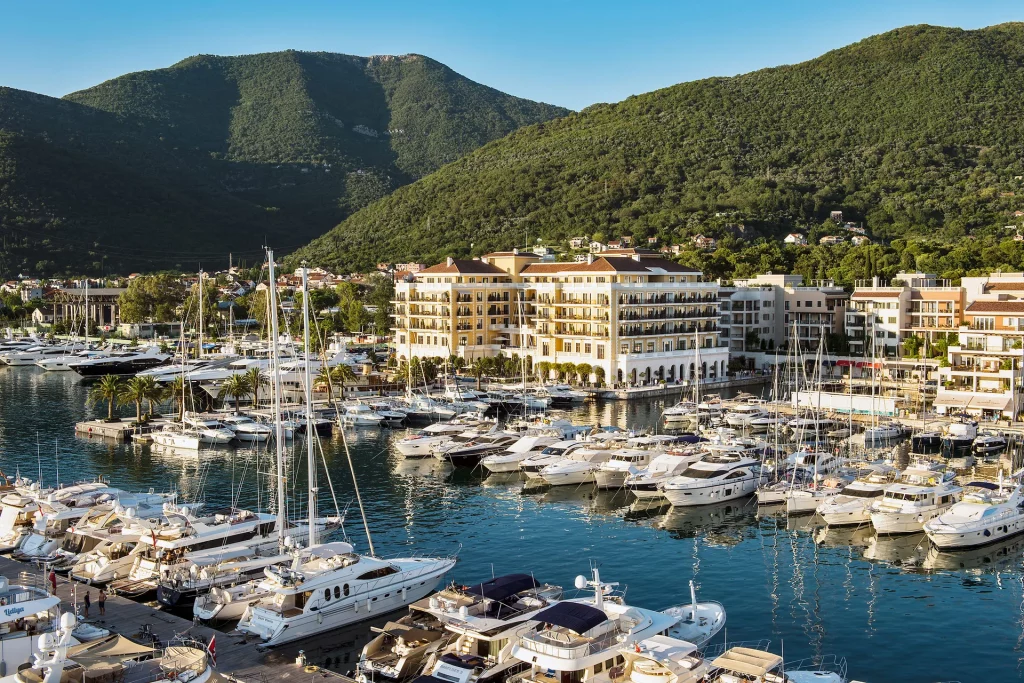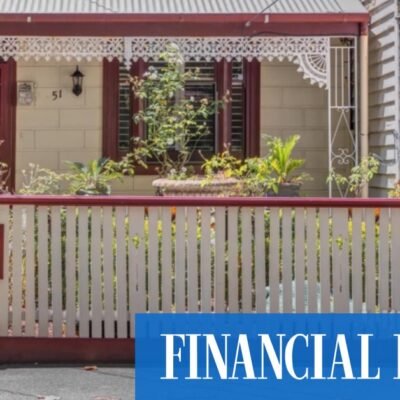“A small country like Montenegro, which seeks high-value economic activities with minimal land use and low impact on physical infrastructure, should reconsider the economic citizenship scheme in the context of the Malta decision and the EU’s response to it.” -David Margason, CEO of Porto Montenegro told to Bankar.me.
He stated that the Citizenship by investments program in Montenegro was very successful and beneficial for their company’s development efforts, as it increased the attractiveness of real estate investments, especially in less appealing locations within Porto Montenegro, such as Boka Place, and it also facilitated the development of amenities that enhance tourism within mixed-use projects.
Margason also noted that this program attracted globally experienced, mostly highly educated, successful, and entrepreneurial individuals to Tivat and Montenegro. “We are already seeing these people generating further economic development through their business activities based in Tivat, and fundamentally connected to Montenegro. It’s worth mentioning that these individuals rarely opt for permanent residence in Montenegro; they spend time as visitors, and their activities are mainly tied to their investments in the country.”
-How do you comment on the recent decision of the EU’s highest court allowing Malta to continue granting citizenship to wealthy investors? What implications might this decision have for Montenegro?
“It seems that this decision reflects the fact that the EU must allow its member states to determine certain policies independently, such as this one. This could mean that there should be no undue pressure on countries that are actively in the EU accession process, like Montenegro, not to adopt such economic development policies if they choose to do so. Undoubtedly, very strict oversight will be required in the implementation of such schemes and the approval of applicants within them.”
-Do you believe that Montenegro should consider relaunching its Citizenship by Investment Program in light of this court ruling?
“Such schemes can be highly effective tools for economic development, in terms of attracting foreign direct investment and drawing in experts from around the world. Any reintroduced scheme should, however, be carefully designed to minimize the risks of negative effects and optimize the economic and social benefits they can bring. Still, I believe that a small country like Montenegro, which seeks high-value economic activities with minimal land use and low impact on physical infrastructure, should reconsider these schemes in the context of the Malta decision and the EU’s response to it.”
-What is your view on the role of so-called ‘golden visas’ in the economic development of small countries, like Montenegro?
“Golden visas focus on allowing foreigners to reside in the country to enjoy the economic, social, and environmental benefits, without the side effect of granting them voting rights, which is not easy to defer or otherwise limit for these economically-generated new citizens. Citizenship goes much further than the right to reside, as it grants individuals access to greater regional or global mobility and social integration. In Montenegro’s case, this might have been a more significant factor in the appeal and success of the CBI program than merely the right to reside. If not tied to real estate investment, any system could lead to negative impacts on the local real estate market, especially in terms of sharp price increases due to reduced supply.”

-How effective was the previous Citizenship by Investment Program in Montenegro in attracting foreign investments and boosting economic development? Specifically, what did it mean for the business of Adriatic Marinas? What were the concrete benefits for your company and, in general, for tourism development?
“Overall, the Citizenship by Investment Program (CBIP) in Montenegro was very successful and beneficial for our company’s development efforts, as it increased the attractiveness of real estate investments, especially in less appealing locations within Porto Montenegro, such as Boka Place. This enabled the faster development of amenities that enhance tourism within mixed-use projects than would have otherwise been possible. It also allowed the economic citizenship scheme to begin and progress during a difficult time for the country, like the COVID-19 pandemic in our case. In fact, it made development decisions more stable in an increasingly unstable world. Moreover, it appears to have attracted globally experienced, highly educated, successful, and entrepreneurial individuals to Tivat and Montenegro. We are already seeing these people generating further economic development through their business activities based in Tivat and fundamentally connected to Montenegro. It is worth noting that these individuals rarely choose to settle permanently in Montenegro, instead spending time as visitors, with their activities largely tied to their investments in the country.”
(Bankar.me)









